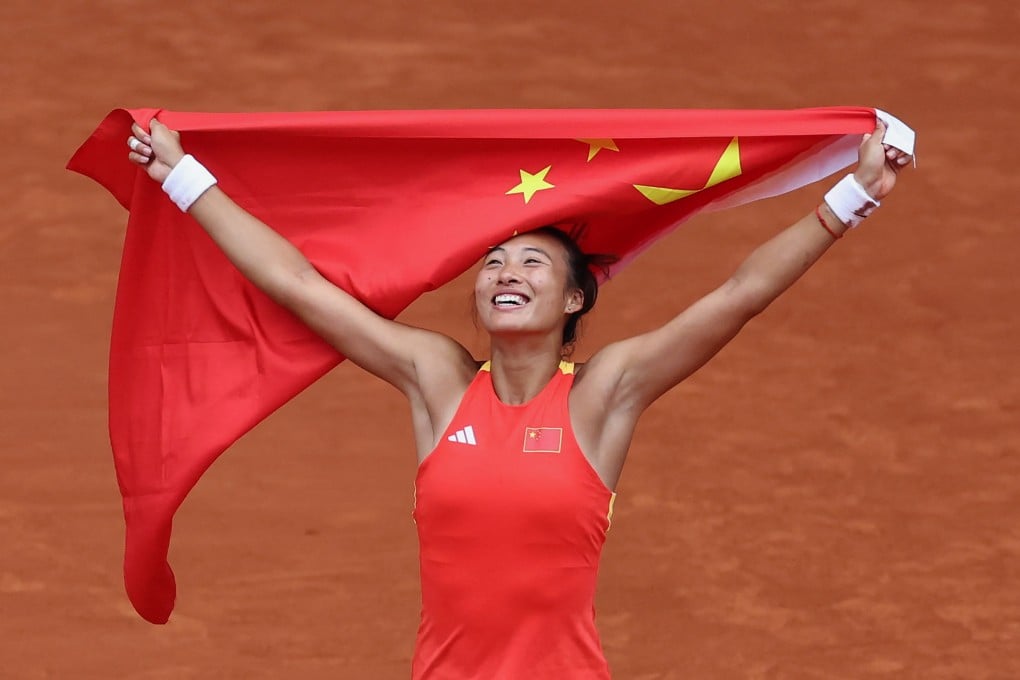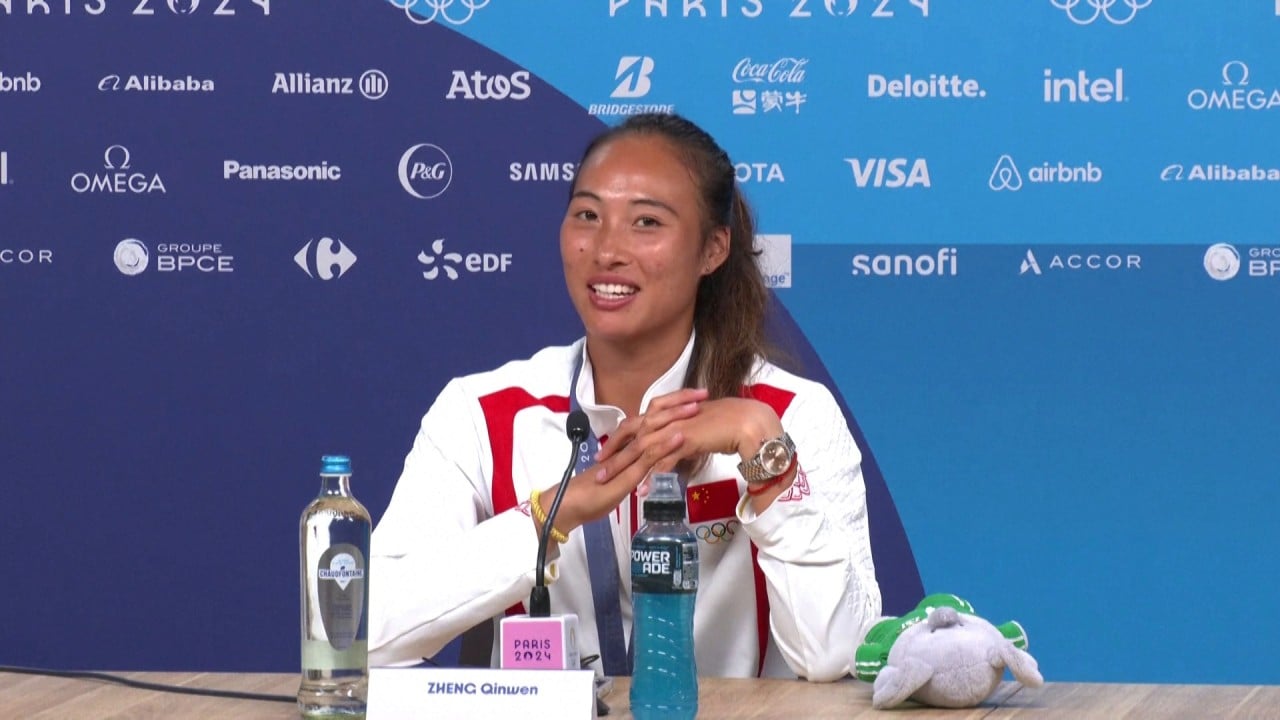Olympics spurs debate: can China be a ‘sports powerhouse’ by letting market hone athletes?
- Gold tennis showing by Zheng Qinwen raises questions about state’s role in sports that has endured for decades, cranking out medals but quelling marketisation

Every four years around this time, when the world’s focus turns intently to the thrill of victory at the Summer Games, an old debate returns to the fore in China over the roles of the market and the government in sports.
The first Asian tennis player to win such an honour, Zheng’s path to success deviated from that of nearly every other Chinese athlete competing in the Games. It was more about the support she had received from family, rather than state-led cultivation, and it was widely seen as the best evidence that China can foster world-class athletes through market-oriented means.
“[It shows that] without the support and shackles of the national system, one can also live an epic life relying on the full release of their personal capabilities, talent and potentials,” said one user on the popular Weibo microblog service.
China has a highly centralised national sport system in which governments at all levels have extensive control over almost every link in the chain - from talent recruitment and training regimens to commercial promotion.

